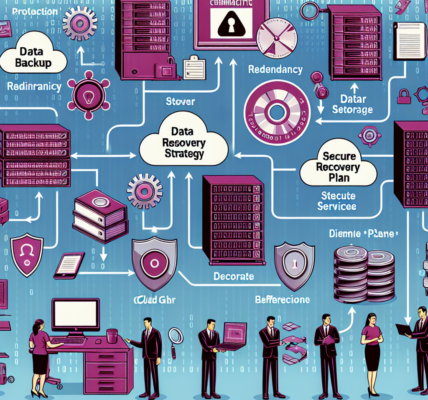Achieving CJIS compliance for cloud service providers is not just a regulatory checkbox; it’s a vital goal that addresses the complex security needs of agencies handling criminal justice information. Failing to meet these compliance requirements can lead to dire consequences, including legal repercussions, loss of contracts, and a tarnished reputation. The landscape is increasingly competitive, and agencies are scrutinizing where they store sensitive data. This guide offers deep insights into navigating the intricacies of CJIS compliance, ensuring your services are not only compliant but also trusted by law enforcement agencies.
Understanding CJIS Compliance Requirements for Cloud Services
To grasp CJIS compliance, one must first understand the foundational elements set forth by the Criminal Justice Information Services (CJIS) Security Policy. This policy outlines stringent guidelines for accessing, sharing, and storing criminal justice information. Key requirements include establishing robust user authentication protocols, ensuring data encryption both at rest and in transit, and implementing rigorous access control mechanisms. Cloud service providers (CSPs) must demonstrate not just adherence to these guidelines but also the ability to continuously adapt to evolving security threats.
Furthermore, CJIS compliance extends beyond mere technical measures; it mandates a culture of security within the organization. This means that training and awareness programs are essential for all employees who handle sensitive data. Each staff member should be well-versed in the policies and procedures relevant to CJIS, recognizing the importance of safeguarding the data they work with daily. This holistic approach ensures that compliance is woven into the fabric of the organization, rather than treated as a standalone initiative.
Another critical aspect of CJIS compliance is the requirement for a signed agency agreement. CSPs must work closely with law enforcement agencies to establish clear terms regarding data handling and security measures. This agreement typically outlines the responsibilities of both parties and serves as a legal safeguard. Understanding the nuances of this relationship is crucial for providers looking to enhance their credibility and foster long-term partnerships with criminal justice entities.
Best Practices for Cloud Service Providers to Achieve Compliance
Implementing comprehensive security controls is the cornerstone of achieving CJIS compliance for CSPs. This includes developing a robust security framework that includes firewalls, intrusion detection systems, and real-time monitoring. By leveraging advanced threat detection tools, providers can proactively identify and mitigate vulnerabilities before they become significant issues. Rigorous security audits should also be a standard practice, ensuring that all measures align with CJIS requirements and are updated regularly to address emerging threats.
Multi-factor authentication (MFA) is another vital best practice for achieving compliance. By requiring multiple forms of verification before granting access to sensitive data, CSPs can significantly reduce the risk of unauthorized access. Coupled with stringent password policies and regular user access reviews, MFA enhances overall security protocols. Training employees to understand the importance of these practices is essential, as human error remains a prominent factor in security breaches.
Regularly updating encryption protocols is equally critical for CSPs. Data must not only be encrypted while stored but also while being transmitted. Providers should utilize cutting-edge encryption technologies to safeguard sensitive information against interception or unauthorized access. Staying informed about the latest advancements in encryption techniques ensures that CSPs can maintain a competitive edge while meeting CJIS compliance requirements. In addition, keeping abreast of updates to the CJIS Security Policy will aid providers in adjusting their strategies and remaining compliant.
Achieving CJIS compliance for cloud service providers is a multifaceted endeavor that demands diligent attention to security, training, and collaboration with law enforcement agencies. By understanding and implementing the key requirements and best practices outlined in this guide, providers can position themselves as trusted partners in the criminal justice ecosystem. The stakes are high, but with the right strategies and a commitment to continuous improvement, your cloud services can thrive in this critical sector. Engaging with compliance experts, investing in security infrastructure, and fostering a culture of awareness will not only help you achieve compliance but also secure your place as a leader in this indispensable field. Explore further, stay informed, and take proactive steps towards achieving CJIS compliance today.




